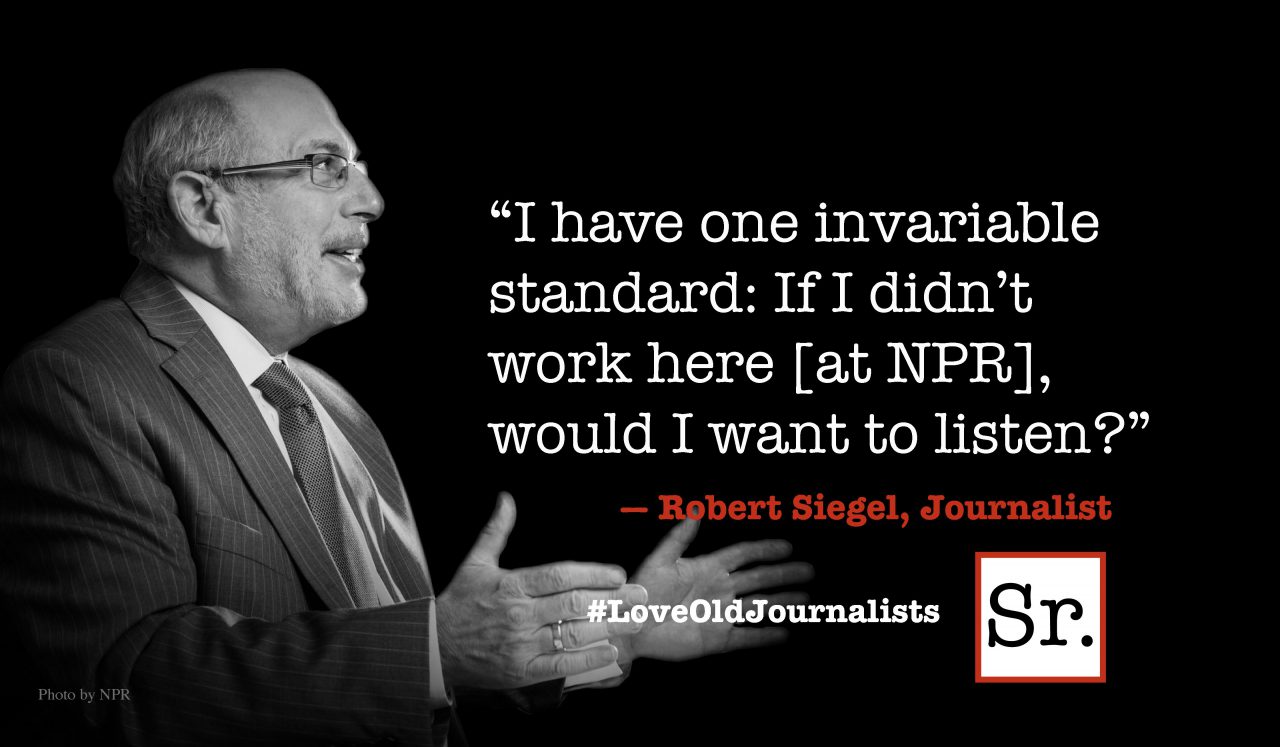When it was suggested that the war in Iraq was about oil, Tony Blair,then the British prime minister, had this to say on February 6,2003
“Let me just deal with the oil thing because… the oil conspiracy theory is honestly one of the most absurd when you analyse it. The fact is that, if the oil that Iraq has were our concern, I mean we could probably cut a deal with Saddam tomorrow in relation to the oil. It’s not the oil that is the issue, it is the weapons…”
In fact, as I and numerous others, have reported on many occasions before, during and after the war, oil was a principal if not the principal reason, for going to war. The reason for thinking this comes from any reading of oil history in the Middle East. The modern industry began in Mesopotamia (modern Iraq), which today probably boasts the largest reserves in the world. Current knowledge of oil and the war in large part comes from the work of a researcher in the UK named Greg Muttitt. Among other things, Muttitt has had close contacts with the Iraq oil workers union. Now Muttitt has written a book–released in Britain and India this week, called Fuel on the Fire–that makes crystal clear the role of big oil. His research had turned up hundreds of pages of heretofore secret documents and is further backed up by interviews with executives of the international oil companies.
This book ought to rekindle interest in the secret meetings held on Bush energy policy by Dick Cheney, and its revelations about the British fears of France may well provide clues to underlying factors in today’s fighting in Libya. More about that later.
Here is how the Independent reported the story on April 19:
The papers, revealed here for the first time, raise new questions over Britain’s involvement in the war, which had divided Tony Blair’s cabinet and was voted through only after his claims that Saddam Hussein had weapons of mass destruction. ….The minutes of a series of meetings between ministers and senior oil executives are at odds with the public denials of self-interest from oil companies and Western governments at the time.
Five months before the March 2003 invasion, Baroness Symons, then the Trade Minister, told BP that the Government believed British energy firms should be given a share of Iraq’s enormous oil and gas reserves as a reward for Tony Blair’s military commitment to US plans for regime change.
The papers show that Lady Symons agreed to lobby the Bush administration on BP’s behalf because the oil giant feared it was being “locked out” of deals that Washington was quietly striking with US, French and Russian governments and their energy firms.
There is more:
Minutes of a meeting with BP, Shell and BG (formerly British Gas) on 31 October 2002 read: “Baroness Symons agreed that it would be difficult to justify British companies losing out in Iraq in that way if the UK had itself been a conspicuous supporter of the US government throughout the crisis.”
The minister then promised to “report back to the companies before Christmas” on her lobbying efforts.
The Foreign Office invited BP in on 6 November 2002 to talk about opportunities in Iraq “post regime change”. Its minutes state: “Iraq is the big oil prospect. BP is desperate to get in there and anxious that political deals should not deny them the opportunity.”
After another meeting, this one in October 2002, the Foreign Office’s Middle East director at the time, Edward Chaplin, noted: “Shell and BP could not afford not to have a stake in [Iraq] for the sake of their long-term future… We were determined to get a fair slice of the action for UK companies in a post-Saddam Iraq.”
BP was concerned that if Washington allowed TotalFinaElf’s existing contact with Saddam Hussein to stand after the invasion it would make the French conglomerate the world’s leading oil company. BP told the Government it was willing to take “big risks” to get a share of the Iraqi reserves, the second largest in the world.








